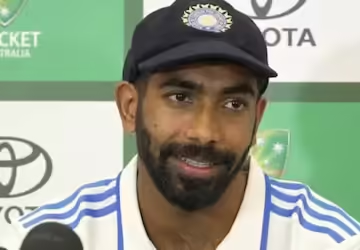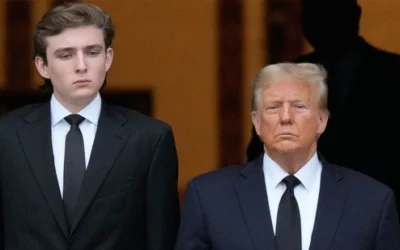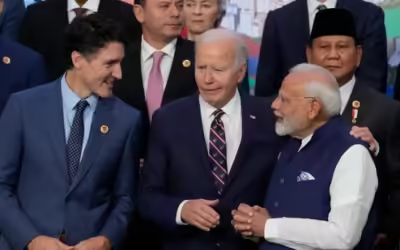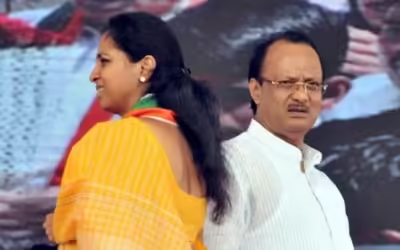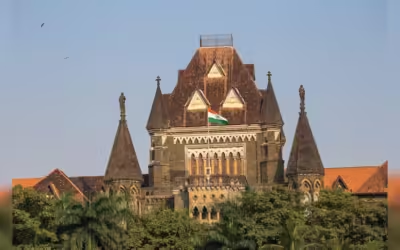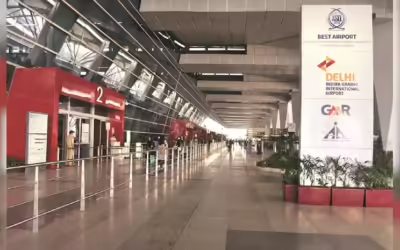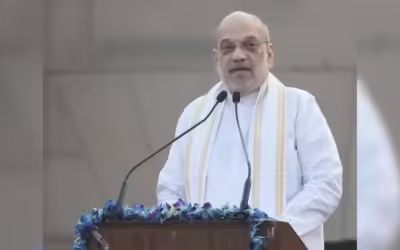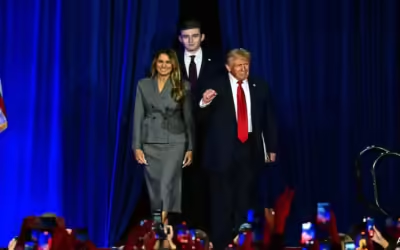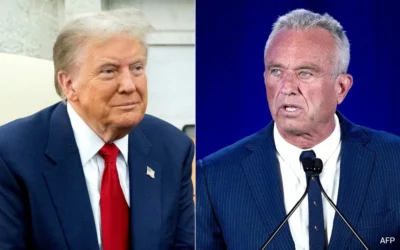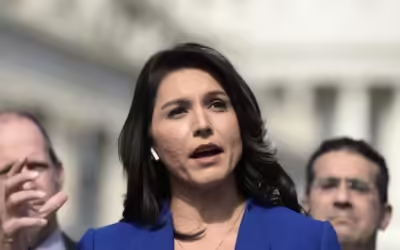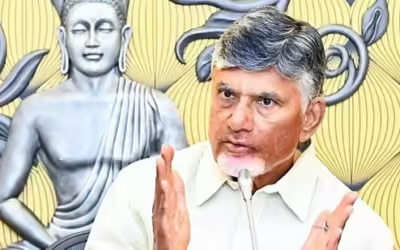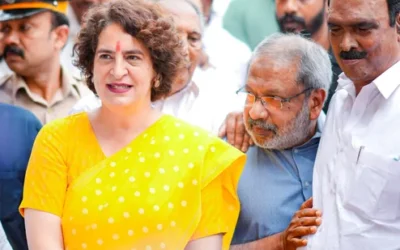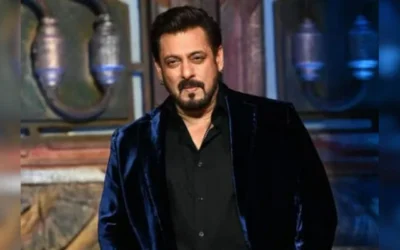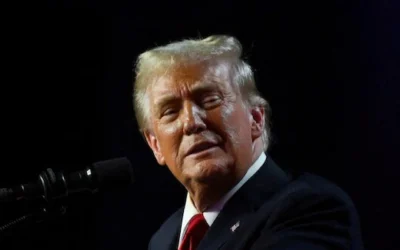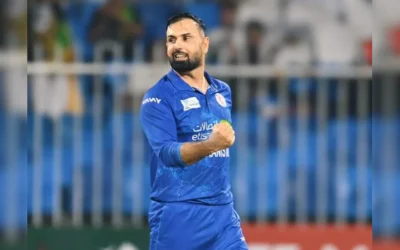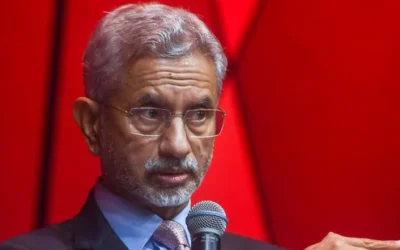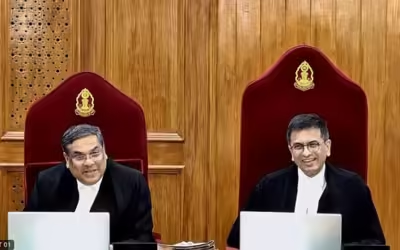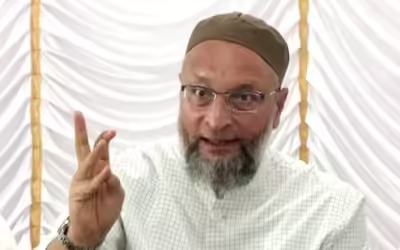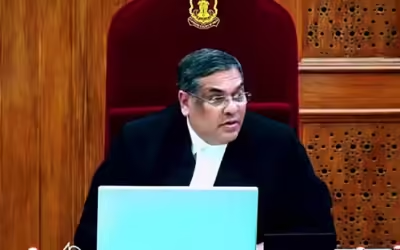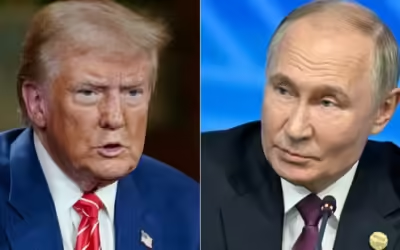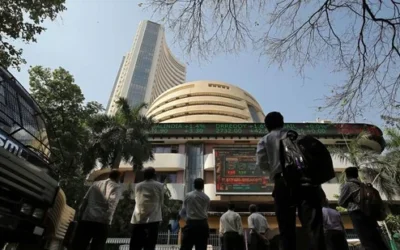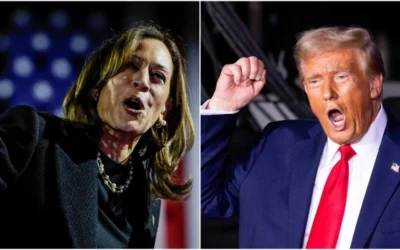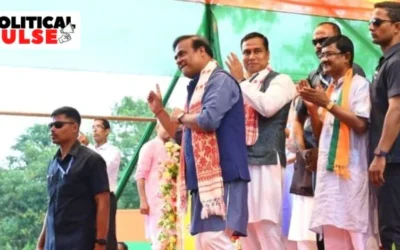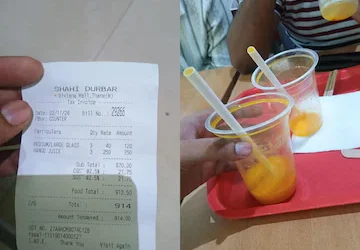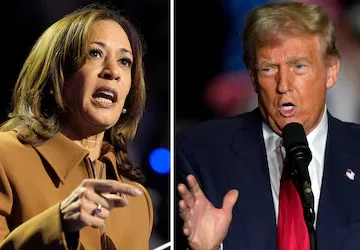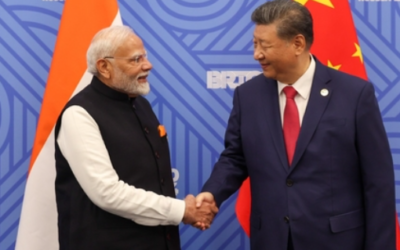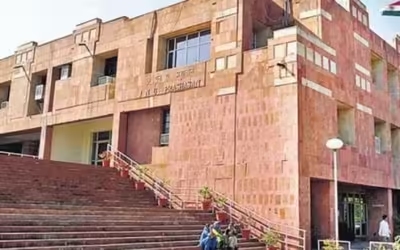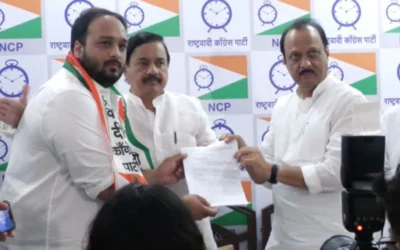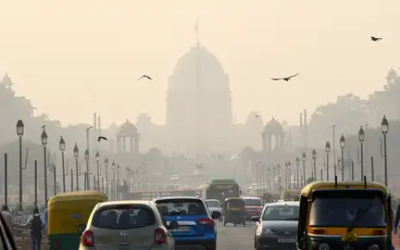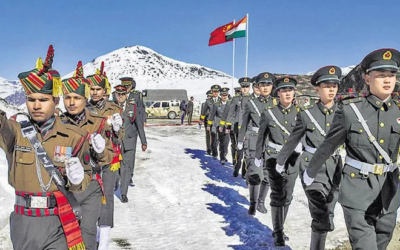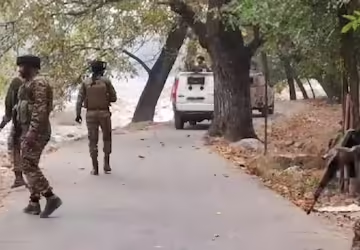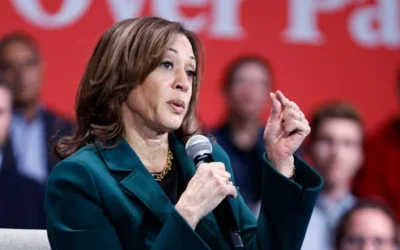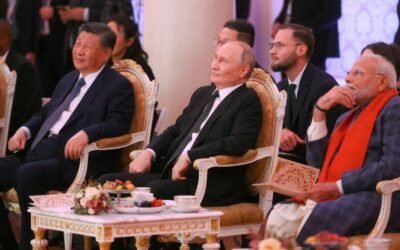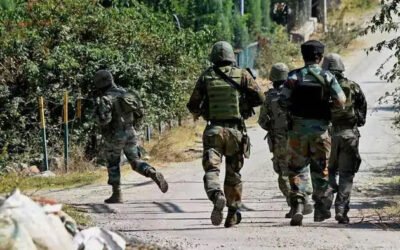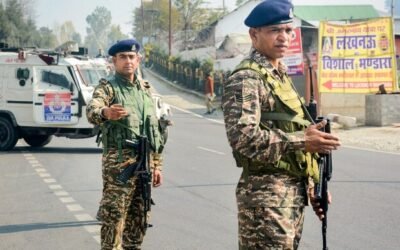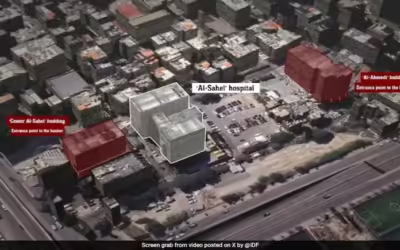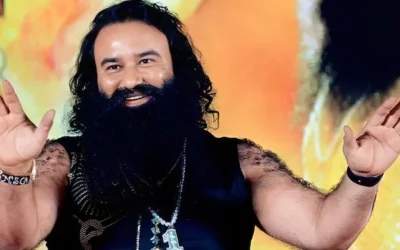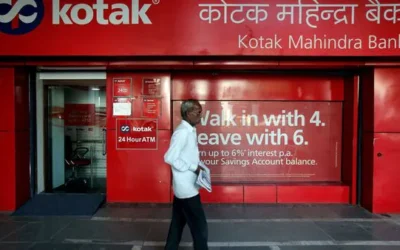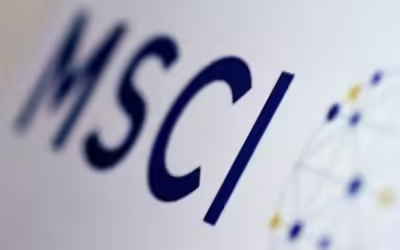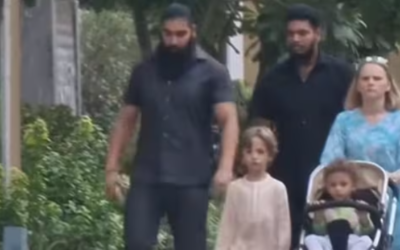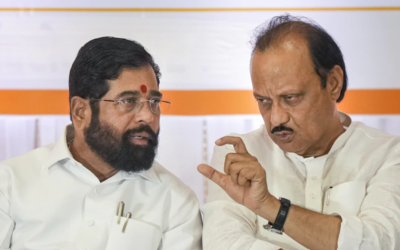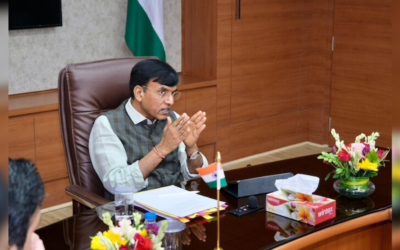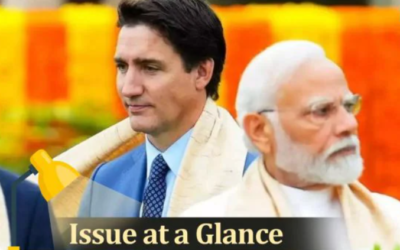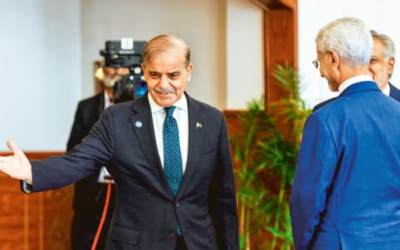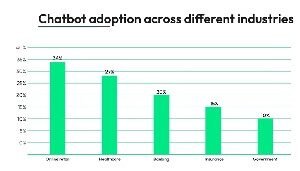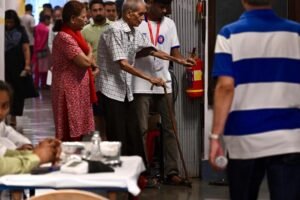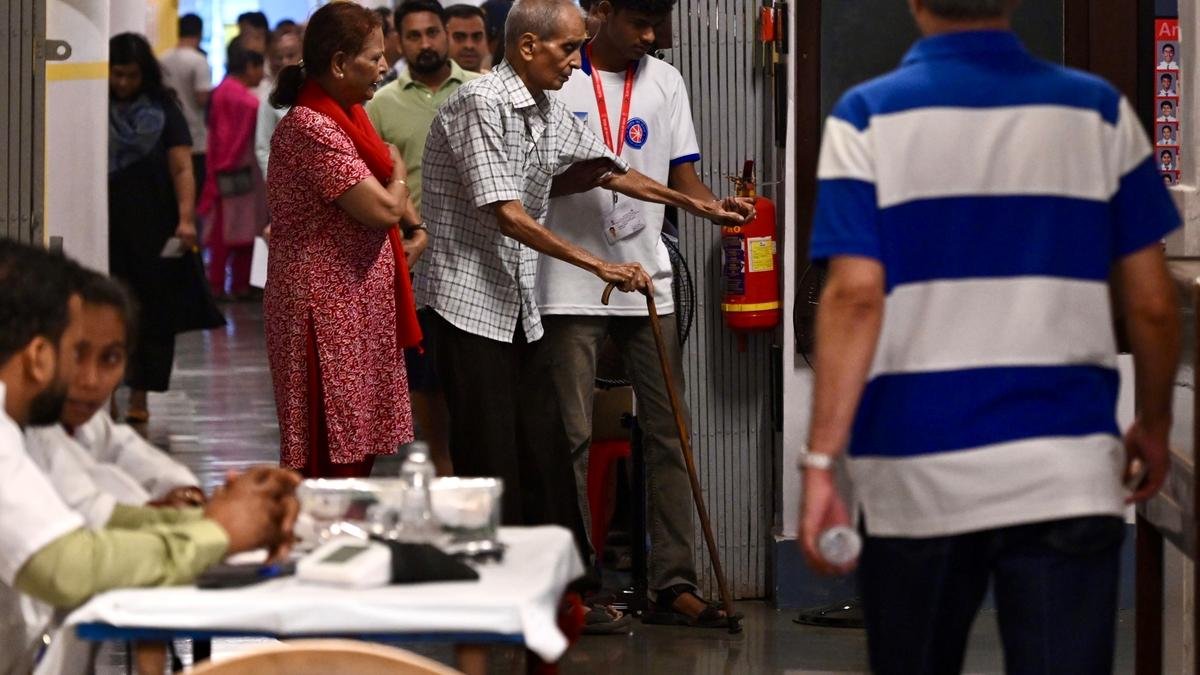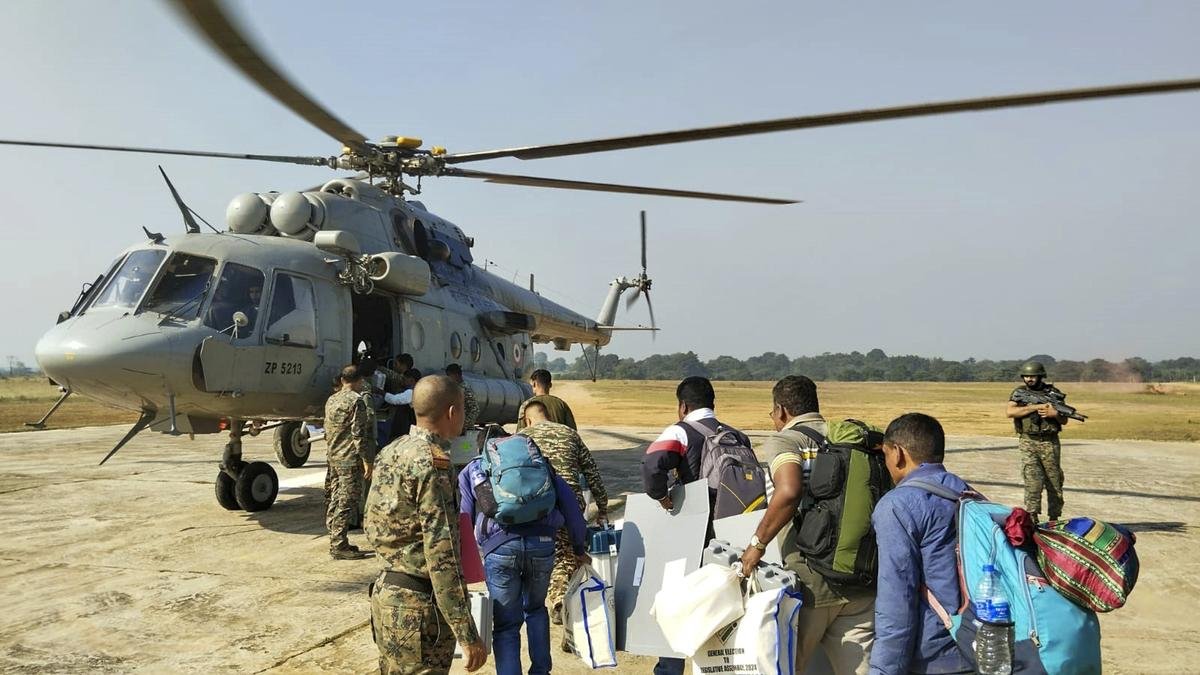According to sources within the political circles, Shiv Sena (UBT) and Congress are showing a strong interest in gaining additional seats in areas where their influence has historically been dominant, like Mumbai, Nashik, and Vidarbha.
The allocation of seats for the imminent assembly elections among the three main parties of the Maha Vikas Aghadi (MVA) – Congress, Nationalist Congress Party (NCP), and Shiv Sena (SS) – has been highly anticipated. However, a stalemate looms large with 23 pivotal seats still in contention. Despite prolonged deliberations, an agreement has not been reached by the party leaders, prompting the need for further discussions scheduled for Thursday.
Sources from within the MVA indicate that the Congress, NCP, and Sena (UBT) have reached a consensus on distributing 85 seats each, making the total number of confirmed seats 255. Furthermore, the coalition has agreed to assign 10 seats to minor regional parties affiliated with the expanded opposition alliance.
The issue at hand revolves around the 23 remaining seats, which hold immense importance in shaping the power dynamics among the three major parties. Competition is fierce as each party vies for control in different areas of the state, resulting in a deadlock that seems unbreakable. It is anticipated that a renewed discussion on the allocation of these seats will take place on Thursday, signaling a potential breakthrough in the ongoing negotiations.
Sanjay Raut, the Shiv Sena UBT leader, expressed optimism during a media interaction, stating that discussions are progressing positively. He mentioned that agreements have been reached on specific seats and affirmed that further negotiations will be held to address any remaining issues, as all three parties have concurred on an equal allocation of 85 seats each.
Sources close to the discussions reveal that the Shiv Sena (UBT) and Congress are showing a strong interest in gaining additional seats in their stronghold regions like Mumbai, Nashik, and Vidarbha. Conversely, the Shiv Sena (UBT), led by Uddhav Thackeray, is resolute in extending its presence, particularly in regions where it aims to rival the Shiv Sena (Shinde) faction.
The intricacy of the negotiations arises from the necessity to harmonize the aspirations of all involved parties, while also upholding a cohesive stance against the BJP-Mahayuti coalition. Given that each party holds sway in distinct regional territories and with specific voter support, reaching an agreement on these remaining 23 seats has proven to be quite a demanding task.
With the election date looming nearer, the alliance is under increasing pressure to finalize its seat-sharing agreement promptly, allowing for ample time for campaigning and selecting candidates. The MVA aims to project a cohesive front, gearing up to pose a formidable challenge to the reigning BJP-led administration in the fiercely contested electoral arena of Maharashtra.


